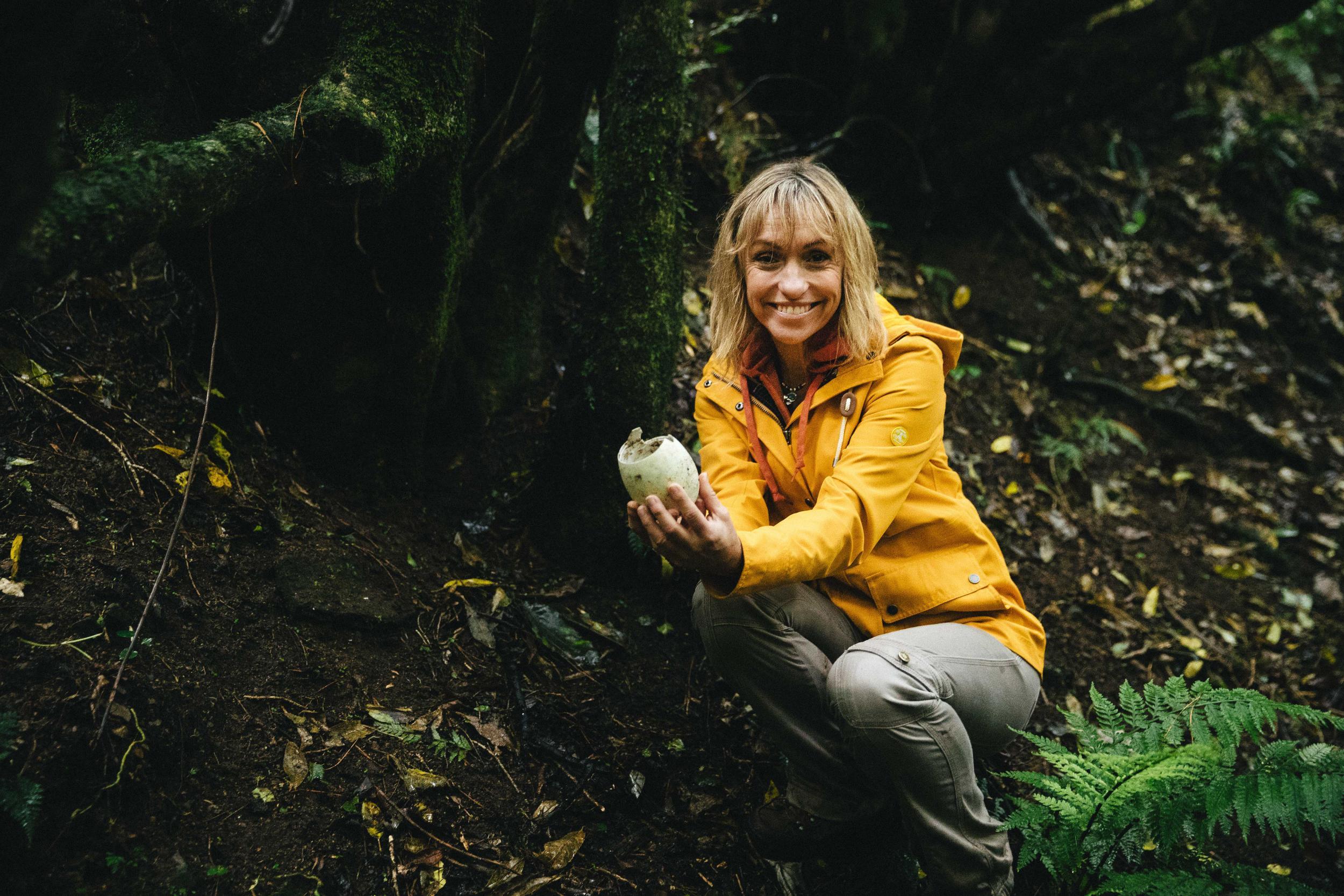Save the kiwi bird: Michaela Strachan on how you can help
Want to make a difference? Discover how you can join Old Mout Cider in the fight to protect New Zealand’s national icon from extinction
Your support helps us to tell the story
From reproductive rights to climate change to Big Tech, The Independent is on the ground when the story is developing. Whether it's investigating the financials of Elon Musk's pro-Trump PAC or producing our latest documentary, 'The A Word', which shines a light on the American women fighting for reproductive rights, we know how important it is to parse out the facts from the messaging.
At such a critical moment in US history, we need reporters on the ground. Your donation allows us to keep sending journalists to speak to both sides of the story.
The Independent is trusted by Americans across the entire political spectrum. And unlike many other quality news outlets, we choose not to lock Americans out of our reporting and analysis with paywalls. We believe quality journalism should be available to everyone, paid for by those who can afford it.
Your support makes all the difference.There's a bird indigenous to New Zealand whose ancestors were dinosaurs. Ancient and flightless, and having evolved over the past 50 million years in relative isolation, it is unlike any other bird.
In fact, it has many mammal-like qualities: nostrils at the end of its beak and feathers that resemble hair. Its name is the kiwi. And in 50 years time, it may no longer exist.
Up until the 13th century, there were just three mammals — all species of bat — endemic to New Zealand. But with the arrival of man came many more, and in the centuries that have followed, their presence has largely contributed to the rapid decline of the kiwi. Over the past 80 years, the kiwi population has decreased by 99 per cent.
This is the problem facing New Zealand today, and one which the Kiwis for kiwi conservation charity is keen to battle.
In doing so, it has devised a game-changing initiative: the creation of predator-free islands on which this remarkable species can flourish as it once did.

But this incredible and monumental undertaking cannot be accomplished alone. That’s why Old Mout Cider is determined to help.
The popular New Zealand brand has teamed up with Kiwis for kiwi to support and promote this extraordinary mission, encouraging nature lovers around the globe — and especially in the UK — to get behind the cause. To that end, for each person who signs up to the mission, Old Mout Cider will donate 20p to the charity. This means you can make a difference simply by signing up.
And that’s not all. Old Mout Cider has also collaborated with wildlife expert Michaela Strachan to produce a short documentary called A Forgotten World. The film follows the TV presenter as she travels to New Zealand’s Kapiti Island — an isolated paradise for endangered birds that mirrors the prehistoric habitat that once allowed the kiwi to thrive. There, she sees first-hand the astonishing impact predator-free islands have already had on the kiwi. Current survival rate in the wild stands at one in 20. On the islands, that number rises to 14 in 20, proving this inspiring project is working.
“I hope this film helps people understand just how precious the kiwi’s history is, and more importantly how its future is hanging in the balance,” says Strachan.
“Let’s not be the generation that says goodbye to species, but be the generation that rallies together to look after our environment.”
So join Old Mout Cider and Kiwis for kiwi on their quest to rescue this extraordinary creature by signing up today. Man is responsible for the kiwi’s decline; we have a duty to save it.
Sign up below to help save the kiwi
Take the quiz: What endangered animal are you?
*This content was commissioned and approved by Old Mout Cider

